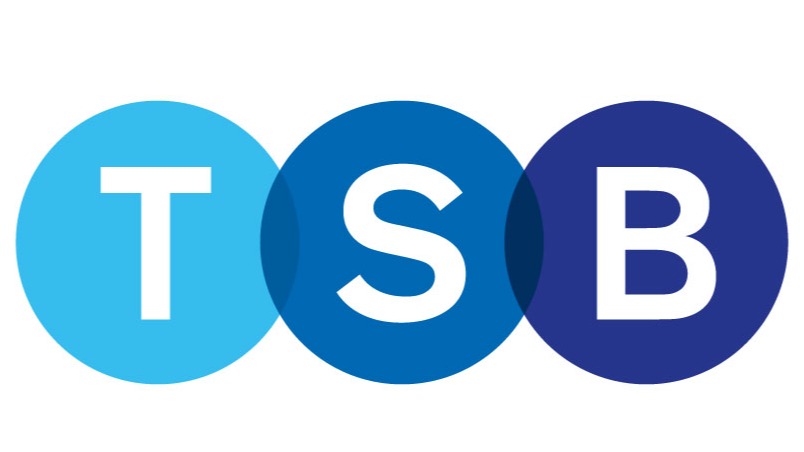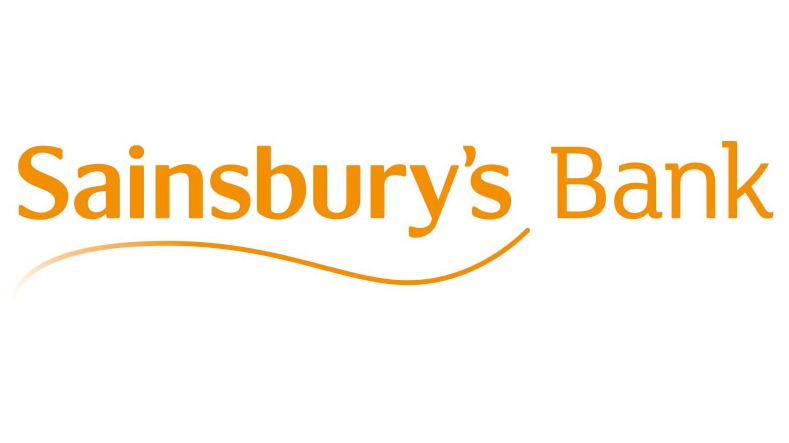More than a third of ads on Facebook Marketplace are scams, according to new research from TSB.
The UK bank’s fraud team sampled 100 Facebook Marketplace posts on their feed – including ads for cars, watches, games, air fryers, and handbags – finding that 34 per cent were scams once the seller used tactics known to be commonly used by purchase fraud criminals.
Sellers deemed to be scammers directed TSB fraud experts to fake websites, refused to allow viewing of an item in person, and demanded advanced fees.
TSB also discovered items advertised as ‘brand new’, for hundreds of pounds less than their real retail price.
"You wouldn’t shop at a supermarket if a third of the items were stale or counterfeit – so the same should apply to Facebook Marketplace, where you have a one in three chance of being scammed when paying online," said Matt Hepburn, fraud spokesperson, TSB. “Social media companies really must act on their commitments under the government’s Online Fraud Charter by urgently clearing up their platforms – removing scam adverts is a good first test.”
73 per cent of all purchase fraud cases at TSB come from Facebook Marketplace, making it the biggest driver of fraud by volume.
Further calculations from the bank show that £60 million could have been lost by customers of all banks via Facebook Marketplace in 2023, around £160,000 lost every day.
At the end of last year, Santander announced it would be introducing an additional layer of protection for customers transferring money via mobile or online banking to purchase items on Facebook Marketplace.
Customers are now be shown a tailored scam warning outlining the risks of buying goods on the platform, with those trying to make a bank transfer also being asked if they have seen the item in person.
Any customers answering ‘no’ will not have their bank transfer authorised, instead they will be advised to make further checks on the item, including seeing it in person and using a more secure payment method.
BigTech companies operating in the UK have also recently pledged to take more responsibility for fraud taking place on their platforms under a new government charter.
The government said that its Online Fraud Charter, which it describes as the “first of its kind in the world”, will see 11 of the world’s largest tech companies clamp down on fraud through a set of new actions.
Under the new Charter the companies, which include Amazon, eBay, Facebook, Google, Instagram, LinkedIn, Match Group, Microsoft, Snapchat, TikTok, and YouTube, have pledged to verify new advertisers and "promptly" remove any fraudulent content.
Latest News
-
Gemini to cut quarter of workforce and exit UK, EU and Australia as crypto slump forces retrenchment
-
Bank ABC’s mobile-only ila bank migrates to core banking platform
-
Visa launches platform to accelerate small business growth in US
-
NatWest to expand Accelerator programme to 50,000 members in 2026
-
BBVA joins European stablecoin coalition
-
eToro partners with Amundi to launch equity portfolio with exposure to ‘megatrends’
Creating value together: Strategic partnerships in the age of GCCs
As Global Capability Centres reshape the financial services landscape, one question stands out: how do leading banks balance in-house innovation with strategic partnerships to drive real transformation?
Data trust in the AI era: Building customer confidence through responsible banking
In the second episode of FStech’s three-part video podcast series sponsored by HCLTech, Sudip Lahiri, Executive Vice President & Head of Financial Services for Europe & UKI at HCLTech examines the critical relationship between data trust, transparency, and responsible AI implementation in financial services.
Banking's GenAI evolution: Beyond the hype, building the future
In the first episode of a three-part video podcast series sponsored by HCLTech, Sudip Lahiri, Executive Vice President & Head of Financial Services for Europe & UKI at HCLTech explores how financial institutions can navigate the transformative potential of Generative AI while building lasting foundations for innovation.
Beyond compliance: Building unshakeable operational resilience in financial services
In today's rapidly evolving financial landscape, operational resilience has become a critical focus for institutions worldwide. As regulatory requirements grow more complex and cyber threats, particularly ransomware, become increasingly sophisticated, financial services providers must adapt and strengthen their defences. The intersection of compliance, technology, and security presents both challenges and opportunities.
© 2019 Perspective Publishing Privacy & Cookies


.jpg)










Recent Stories